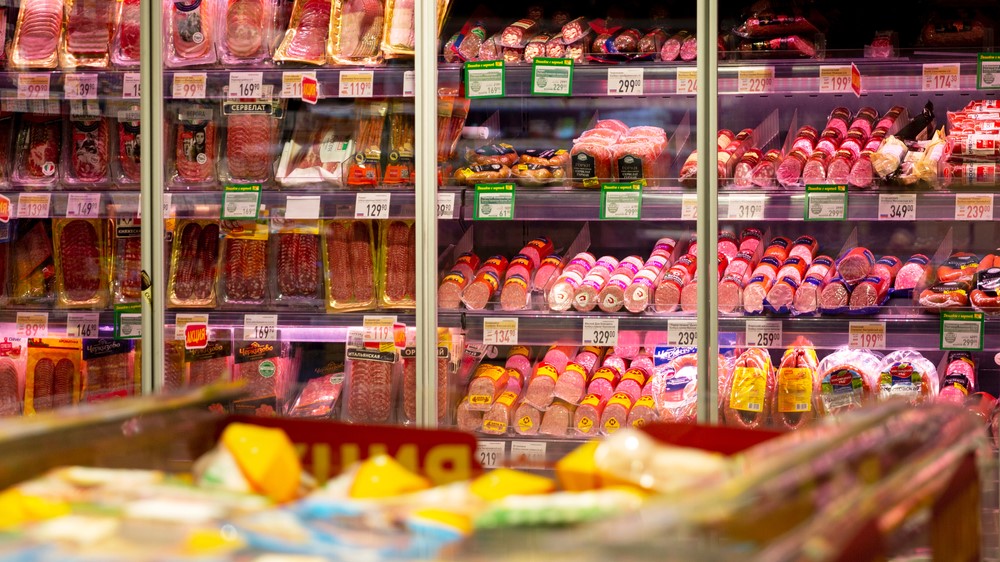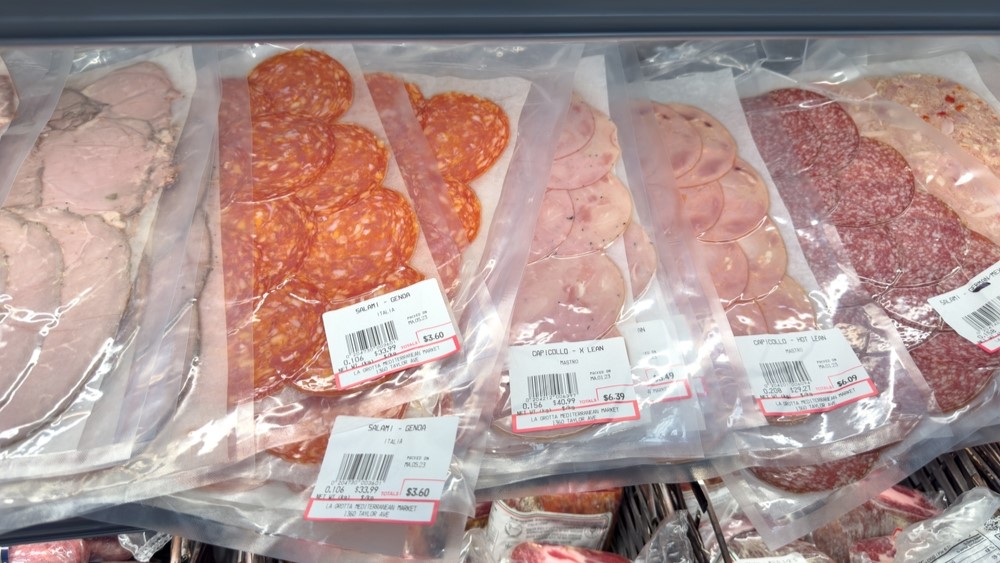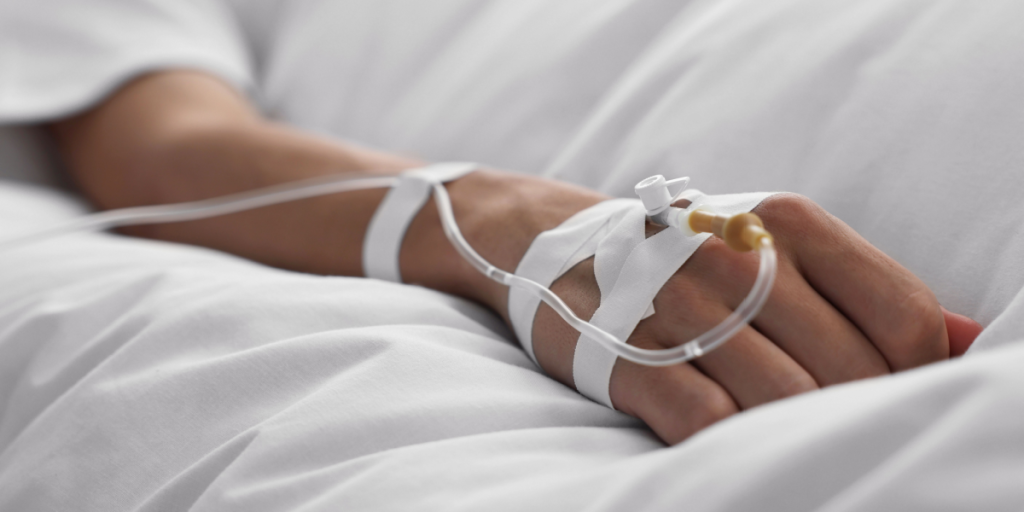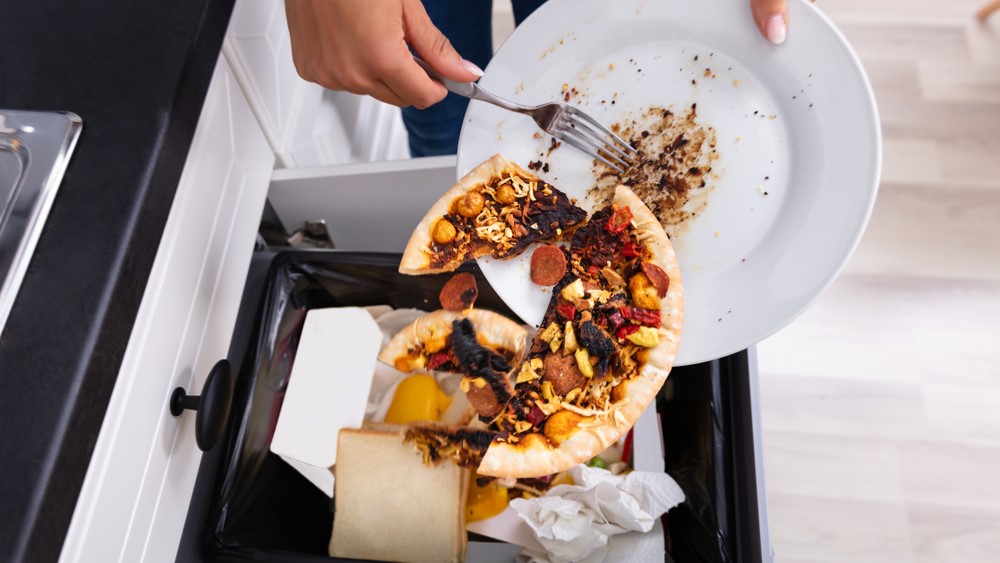Check your fridge for these brands.
Others are reading now
Over 80 people have fallen ill and several hospitalized after eating contaminated cured meats.
Here’s the full list of affected brands, and what to do if you’ve bought them.
Major Recall Hits Salami and Cacciatore Products

A wide-ranging salmonella outbreak has triggered the recall of 13 brands of cured meats sold across Canada.
The Canadian Food Inspection Agency (CFIA) issued the alert after linking dozens of illnesses to salami and cacciatore products distributed in six provinces.
If you’ve bought salami, soppressata, or cacciatore in recent weeks, check your fridge or freezer immediately.
Also read
What’s Being Recalled?

The recall includes a large number of cured meat items, and while package sizes vary, they are all linked by specific lot codes and UPCs.
These affected products were sold under the following brands: Bona, Cosmo’s Smoked Meats, Imperial Meats, Longos, Luc’s European Meats Cheese & Eats, Marini Salumi, Naturissimo, P & E Foods, Rea, Speziale Fine Foods, Superior Meats, T.J. Meats, and Vince’s Cured Meats Corp.
Where Were the Products Sold?

These items were sold in Alberta, British Columbia, Manitoba, Ontario, Quebec, and Saskatchewan.
Consumers should refer to the full CFIA recall notice for the exact lot numbers and UPCs to check against.
Growing Number of Illnesses

As of July 19, 87 confirmed cases of salmonella infection have been linked to this outbreak, with nine hospitalizations reported.
Also read
More cases may still be under investigation, and authorities continue to monitor the situation closely.
Salmonella contamination in ready-to-eat products is particularly dangerous because these items are often consumed without cooking, allowing bacteria to go undetected until symptoms begin.
What Are the Symptoms of Salmonella?

Salmonellosis, caused by consuming food contaminated with Salmonella bacteria, can lead to diarrhea, stomach cramps, nausea and vomiting, fever, headaches, and/or loss of appetite
These symptoms can appear within six to 72 hours after eating contaminated food.
If you or someone in your household shows signs after consuming the affected products, contact a healthcare provider.
Also read
What Should You Do?

If you have any of the recalled meats in your kitchen:
Do not eat them, even if they smell or look fine.
Dispose of them safely, or return the product to the store where it was purchased for a possible refund.
Clean any surfaces or containers the products may have touched to avoid cross-contamination.
The CFIA is continuing its investigation, and further product recalls may follow if additional items are linked to the outbreak.


